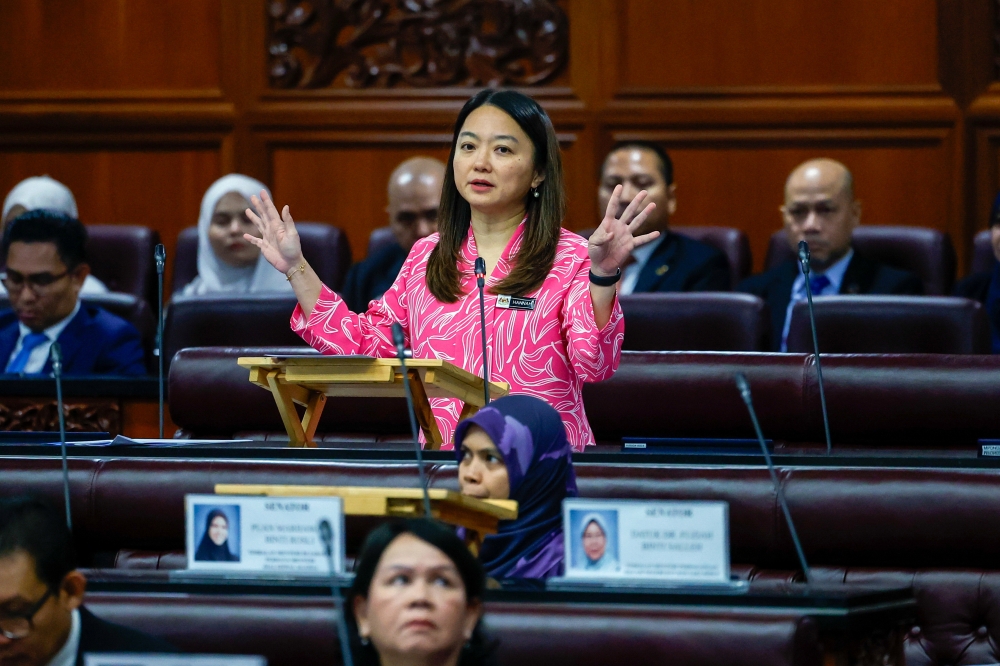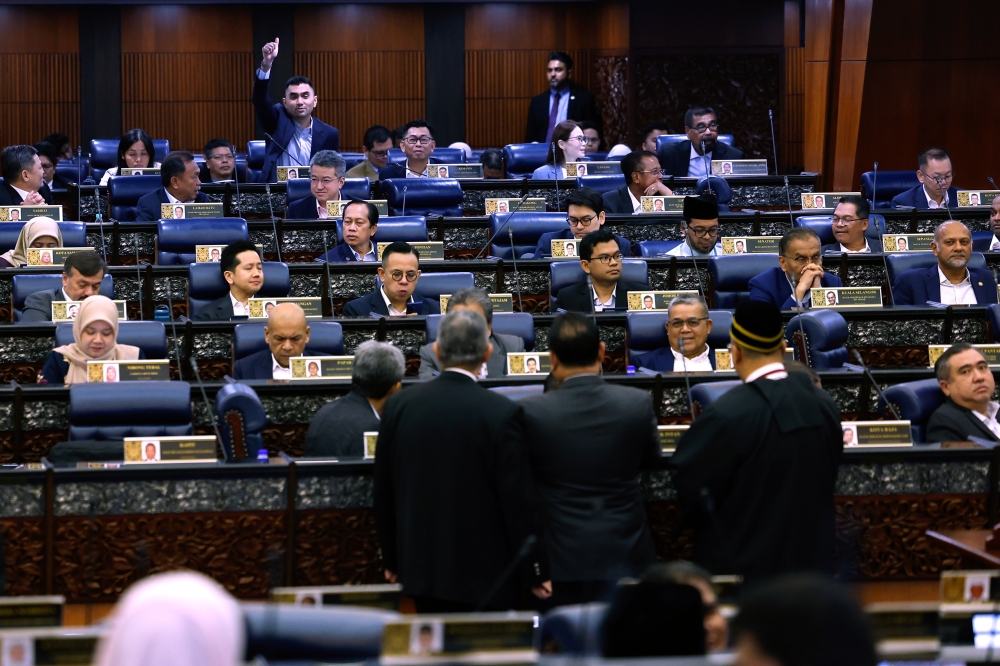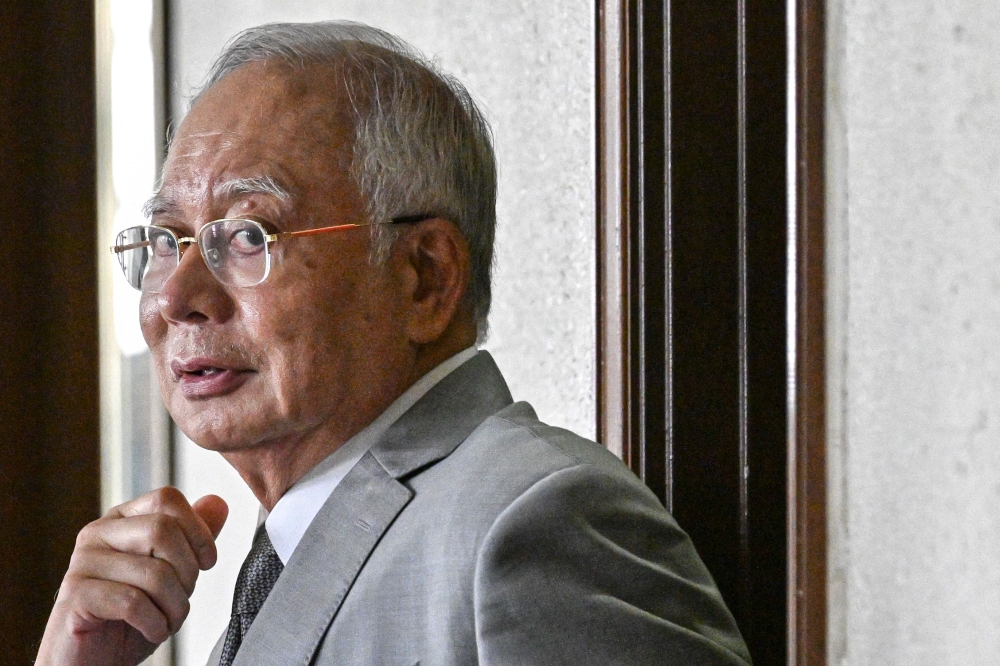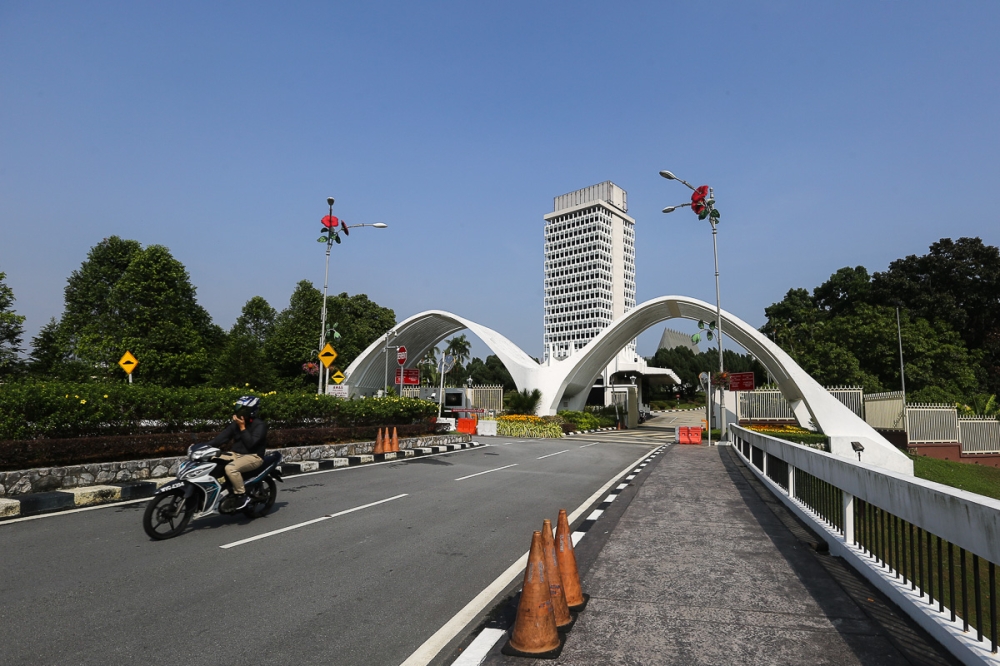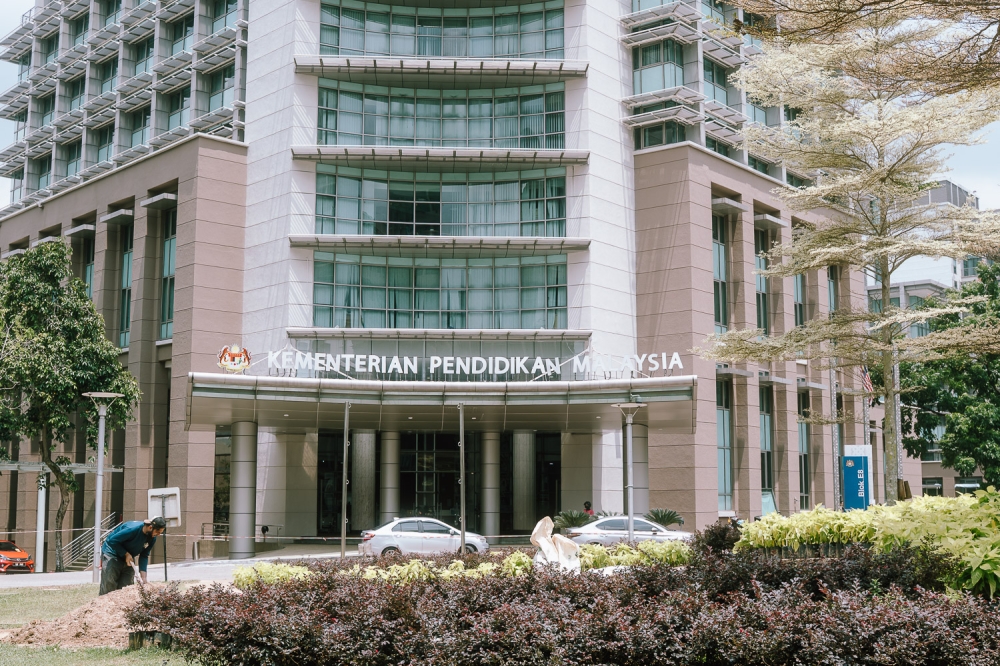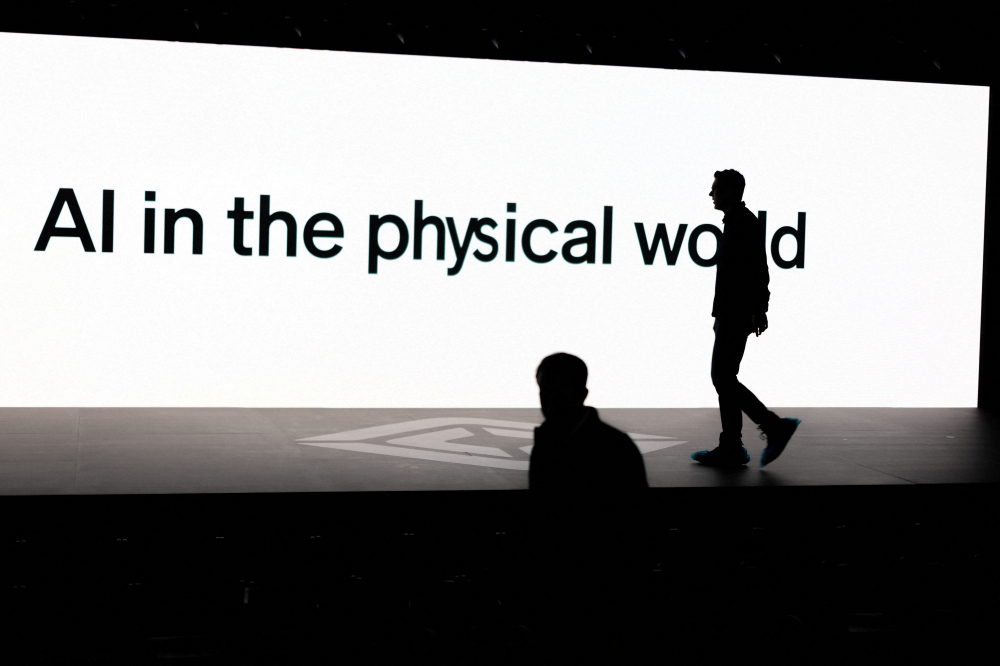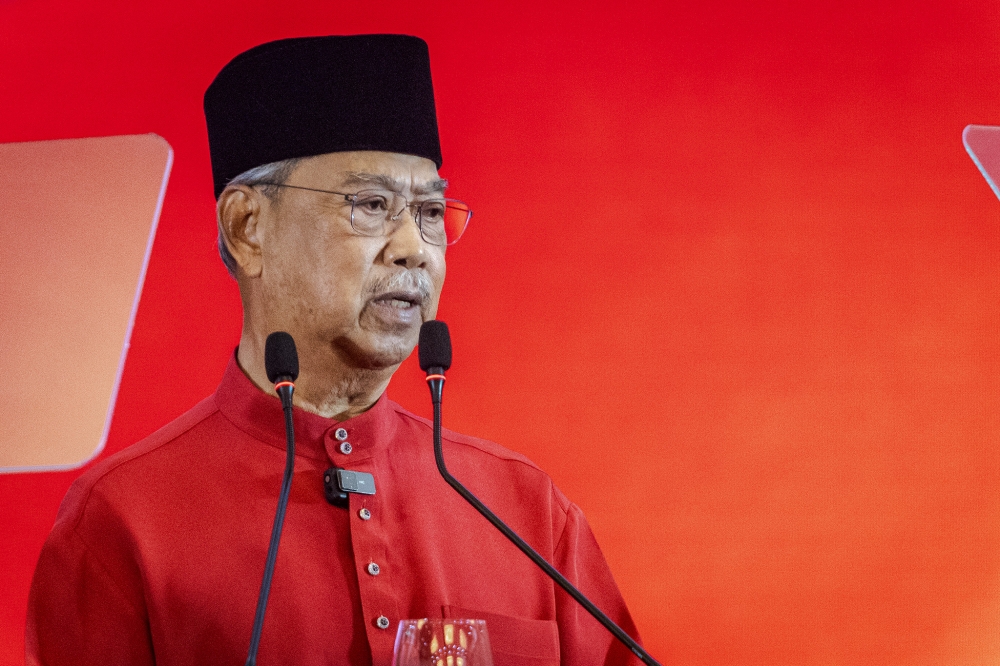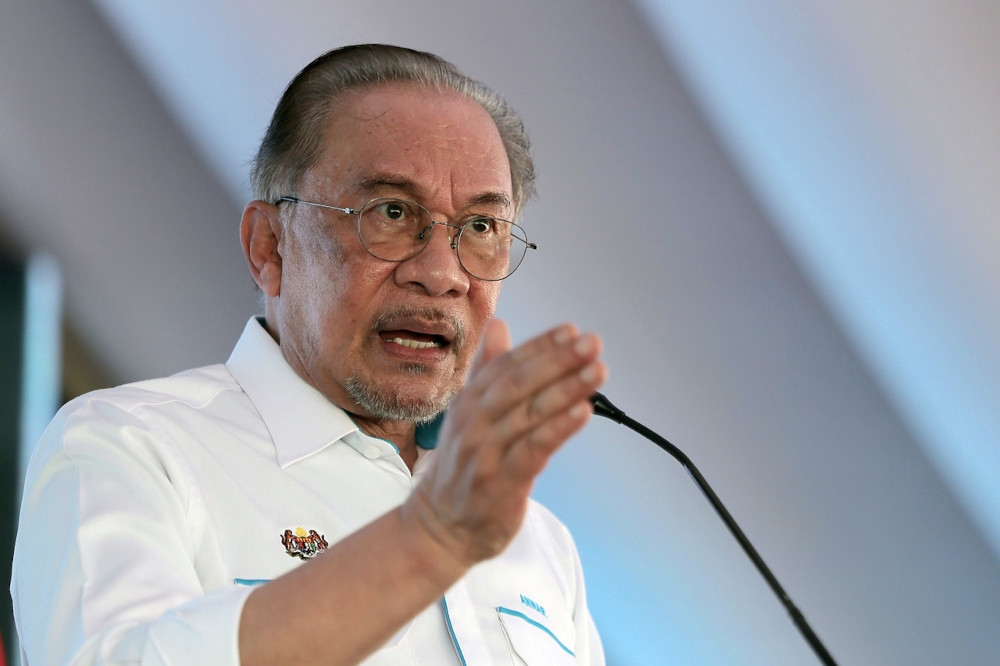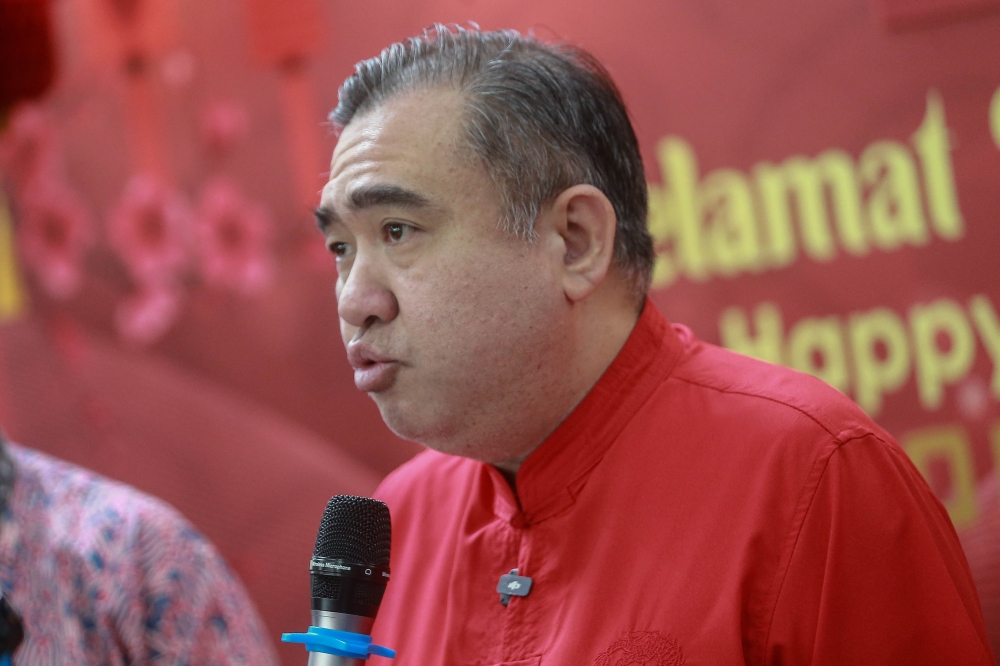OCT 8 — Ok, so it’s not as farfetched as a certain prime minister making public the source and use of untold riches in his personal accounts, but on first glance the idea of suicide bombers needing help to have an affair is not an everyday occurrence either.
Technology is having a profound impact on the way every individual is able to lead multiple lives at the same time. Diametrically opposed notions of belief are being made to co-exist without any seeming contradictions at all.
Jihadists espousing a return to a medieval caliphate are able to do this due to an extremely sophisticated social media marketing programme. The candidacy of Donald Trump would never have gotten the traction it has if it wasn’t for technology shortening attention spans to the point where a soundbite trumps (sorry!) a thoughtful analysis every time.
The less you know, the more presidential you appear, apparently.
Not only are we able to manage seeming contradictions seamlessly, technology is also helping to make more extreme viewpoints seem relatively normal. When we use filters to receive only those social media messages that we wish to hear from only those online news portals we prefer, it gives the illusion of the popularity of our cause being much bigger than it actually may be.
At a certain level, this is creating a type of equivalence between the mainstream and the extreme. When technology and money come together to amplify messages of their choice, it changes the way people perceive their popularity and resonance.
How many people really believe in the much touted Asal Bukan Umno (ABU)? If one were to go by only social media before GE 13 or after Bersih 4, the answer would be a vast majority of Malaysians. Of course the election results or the turnout of the Red Shirt rally changed that perception significantly.
This is providing an opportunity today for extremists to gain media traction and policy responses to their demands that were just not possible even a few decades ago. Racial supremacists, anti-immigration
How popular is Perkasa or Hizbut Tahrir Malaysia? Depends on what media you consume. But they have been quick to recognise that their use of technology matters much more than their actual support, in order to gain concessions from the powers that be.
That is not to say that politicians need a lot of pushing for encouraging extremism over moderation when it suits them. In hard times they now use technology to play the continuum from moderate to extreme to keep the flock of believers together.
Corruption getting too hot to handle? Amplify the race rhetoric. The economy tanking? Blame the critics on the other side for their lack of patriotism. Technology today allows for a quick counter narrative to help keep things in equilibrium while shortening the lifecycle of any particular issue.
But the news is not all bad. While it may seem in the current environment that Malaysia is moving towards an ultra-conservative Malay Muslim nationalistic narrative, the reality is that the mainstream middle ground remains moderate.
There may be a large amount of private antagonism and deeply held prejudices between races, but equally deeply cherished pragmatism and decades of peaceful coexistence have ensured calm and business as usual. No racial clashes have broken out, ordinary people have not risen to the racial bait and the economy and corruption still remain the prime topics of mamak stall conversation.
Political parties globally recognise the power of the middle ground too with their tone changing as elections approach. Jeb Bush and Donald Trump may be both vying to represent the Republican Party today, but most political analysts believe that the middle ground almost always triumphs over the more extremist position.
This is largely because more people prefer leaders who can make decisions based on changing circumstances rather than those who are wedded to extreme positions in perpetuity.
Before GE 14, expect politics in Malaysia to have a more inclusive, accommodating tone and for technology to propagate messages of hope rather than fear. For leaders who are past their sell by date to be sold, and those who preach messages of hatred to be kept out of sight and off social media.
A word of caution. While the current continuum is from the mainstream to the extreme and vice versa, there is nothing preventing technology from uniting two extremes.
After all if, as the US Department of Justice believes, Kleptocrats can be national leaders, why can’t Jihadi Joe use technology to have a summer fling, far from the nagging missus?
* This is the personal opinion of the columnist.


